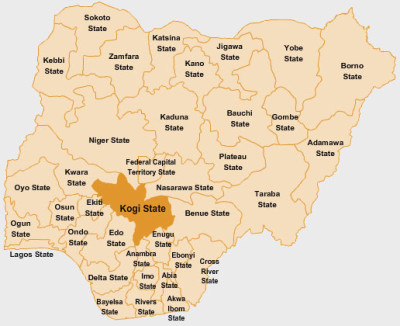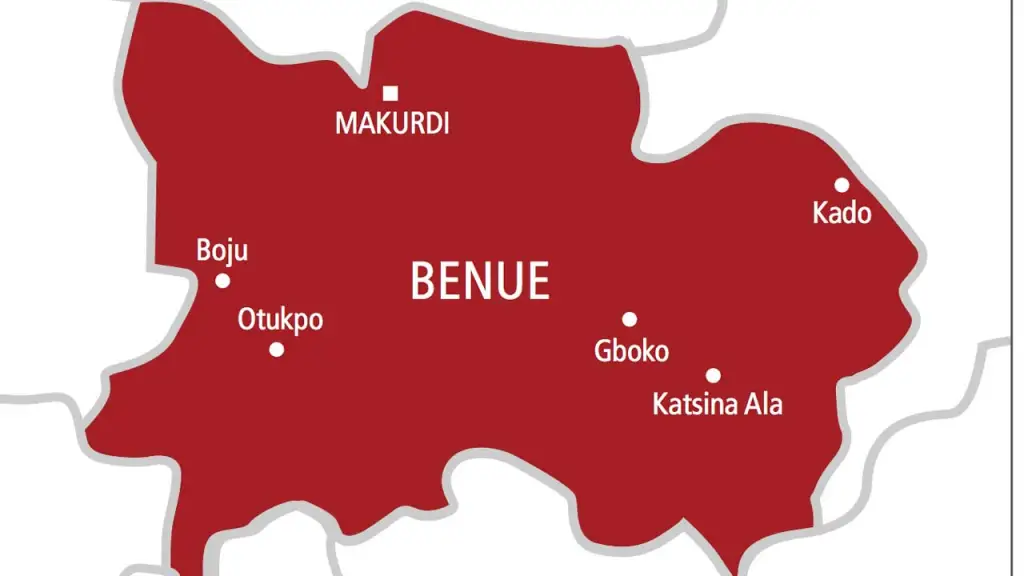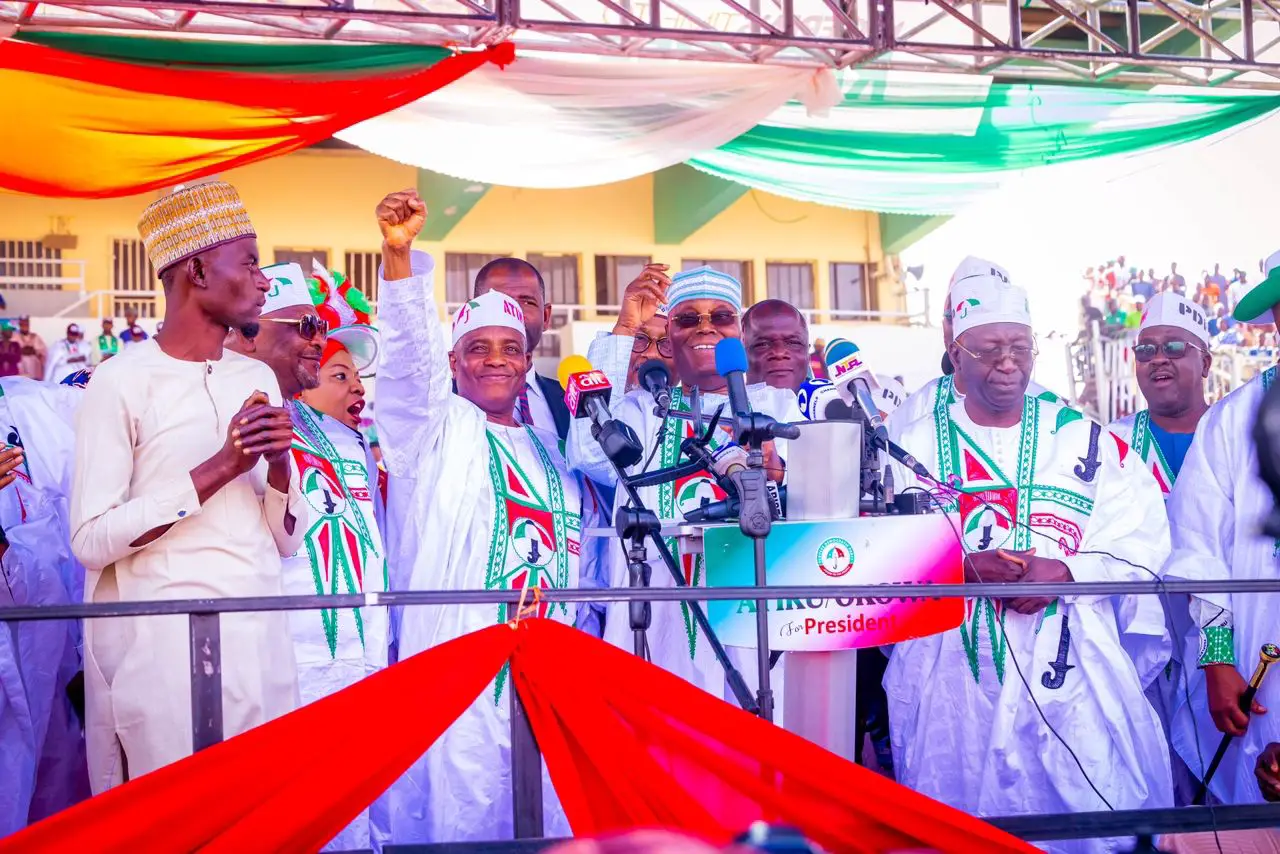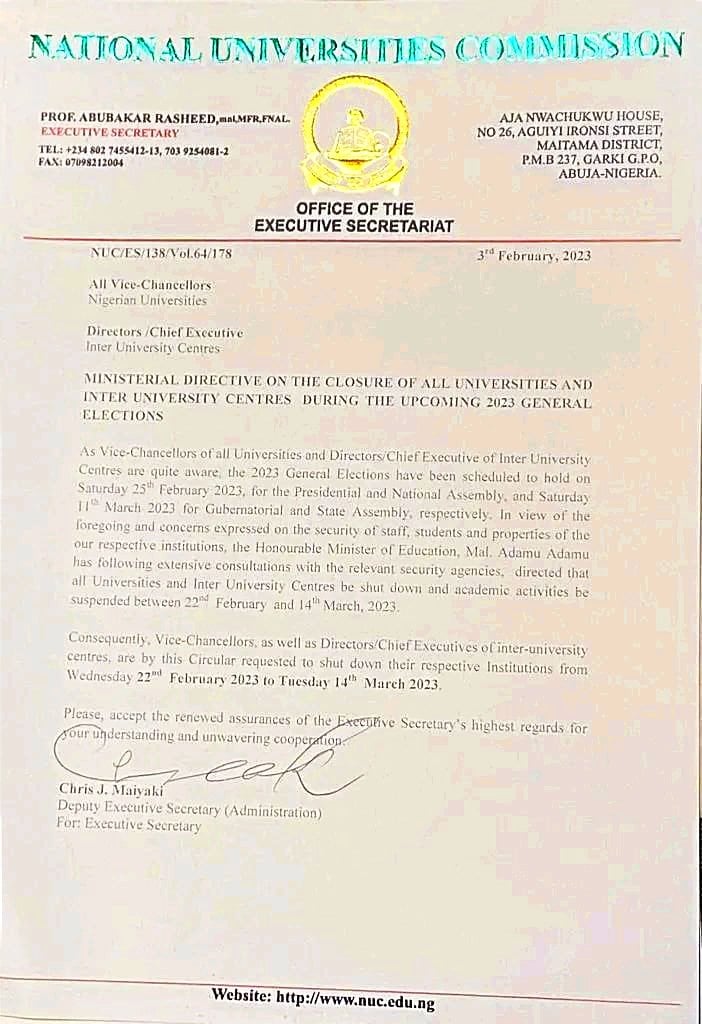Being a Keynote delivered by Gloria Mabeiam Ballason Esq at the Public Presentation and Launch of: Southern Kaduna: Yesterday, Today & Tomorrow, at New Choice Hall, Kafanchan on Friday 10 February, 2023.
PROTOCOLS
Thank you for the privilege of this invitation. I thank Pastor Gideon Mutum and the organizing team for extending this invitation to me and I especially congratulate the Author, Pst. Philemon Cletus Gado, who deemed it worthy to capture his scholarly research and thoughts into a book and has now invited us to engage the ideas through the tripartite tangents of the past, the present and the future.
A quick walk down history’s lane:
An Austrian born German under whose leadership the Nazi party climbed to power became the Reich Chancellor in 1933. Brilliant, engaging but humanly debased and depraved, he capitalized on economic woes, popular discontent and political infighting to seize power in Germany and to fan the embers of virulent hatred against the Jews. By 1941, the anti-semitic sentiments of this son of a local customs official led to a deliberate and systematic murder of European Jews and it lasted untill1945- a period history tells us defined the second world war.
Prior to 1939, the global population of Jews worldwide had peaked at about 16.6 million. However, when it was all said and done and the beastly fangs of the holocaust had ravaged humanity and killed at least one in three Jews, six million Jews laid murdered. The figures next to the casualties was the varied forms the Jews were killed. The Germans called this “The Final Solution to the Jewish Question.” To put this in context, the Germans felt the Jews were a dispensable set of people who did not deserve to breathe the air above them nor walk the free ground beneath them.
Let’s flip the scene to the experience of a 4-year old in Zaria Nigeria, an experience that is personal because it is mine: One night in 1987, we were saying our night prayers and were singing the hymn ‘Have Courage My Boy to Say No’ ; when people outside our doors began to run helter-skelter. A neighbor ran into our house. My dad and mom tried to keep us all composed through the prayers but it was obvious that something terrible was going on outside. I looked up the wall before me; staring back at me was the long-term calendar that endured on our wall which read: ‘This Same Jesus is Coming Back Again. Are You Ready to Meet Him?’ I skimmed off the memories of what I had learnt at family devotions and in Sunday school and wondered silently if we would have to see Jesus that night.
We couldn’t round up the prayers. We ran through the back door of the house. There before us was thick smoke and darkness bellowing from the Campus. That was the longest, most terrifying night up until then. We made it through the night, but many were not so lucky.The next morning, my dad hobbled us into his blue Volkswagen Beetle car. We drove past Nassara Baptist church, it was burnt. We got to Ahmadu Bello University, Kongo campus, Rev. Dr. Ben Oruma had been beaten and left for dead, the chapel he preached in was razed down. Churches in GRA Sabon-gari and environs were burnt. We would later learn that it was a case of a religious disagreement in Kafanchan which snowballed into crises in Zaria and environs and resulted in the destruction of hundreds of lives and properties worth billions of naira. The beautiful world I imagined was shattered and I could not reconcile whether I was born a crime or for glory to reveal the majesty of my name.
The timelines will show that from the 1980 Kasuwan Magani crisis through 1986 in Yarkasuwa, Lere District,1987 in Kafanchan,1992 in Zangon Kataf,1999 in Southern Kaduna, 2000 which saw an unprecedented escalation in casualties, 2002 Miss World, 2011 in Anchuna, 2011 at Tabak, Kukum-Kagoro and then from 2012 till date, the cycle of violence meted on our communities in Southern Kaduna has continued. Our lives and history have been shaped by these unfortunate incidences. These are not slow-boiling conflicts as is often wrongly reported; they are systemic killings and mass atrocities crimes of genocidal proportions that demand international intervention.The political marginalization and the economic, educational and infrastructural deprivation, reveal a structural neglect. If that is not bad enough, under the Nasir Elrufai government, the region has experienced unprecedented persecution. Politically, the diversity of the state is not represented. Thousands of Civil servants and teachers have been thrown out of jobs. Tertiary institutions in Southern Kaduna were exclusively shut down by the Government. The identities of the people were changed by executive fiat and cultural heritages have been destroyed. Paramount leaders and dissenting civic voices and journalists have been imprisoned, kidnapped or killed.
But are we without hope? Hardly.
It was Nelson Mandela who said during the Healing and Reconciliation service in Johannesburg: ‘Our human compassion binds us the one to the other-not in pity or patronizingly, but as human beings who have learnt how to turn our common suffering into hope for the future.’
Mandela knew that for a people who suffer long term structural, systemic and often state-sponsored neglect, they would require hope and healing to move forward. The Jews knew it too. Today the story of the Jews goes beyond the Holocaust to a sterling example of how to build from the ruins.
Israel and the Jewish in the diaspora observe the annual “Day of Remembrance of the Holocaust and the Courage of the Jewish People,” because while most Jews were mired in poverty at the beginning of the twentieth century, they are today global champions in commerce, manufacturing, international trade, Hollywood and in creative inventions and innovations. They have built social networks across many countries and have imbibed a culture that promotes universal literacy and book learning, while retaining a sense of common fate and deeply shared brotherhood.
As I think about the present and the future of Southern Kaduna, the ability of the Jews to build from the ruins of the Holocaust to becoming an indomitable global example comes to mind. And this is where I draw a distinction to how the Jews and Black Americans interpreted their tragedies. Pivotal to Jewish history is the Holocaust while Black America continues to suffer from racism and white domination. The Jews however decided to move into conqueror mode so that when they speak of the effects of the Holocaust, the scars remind them of triumph. For Black America, racism is a reminder of their victimhood.
I often review and think of the years of pain and suffering that our people have gone through. Indeed, like Sen. Shehu Sani opined on 20 December, 2022, “No part of Kaduna is spared of terrorists’ attacks, violence and kidnappings. However the killings in Southern Kaduna by terrorist groups is systemic; the people of that part of the state are also institutionally treated like the blacks under apartheid South Africa” (Emphasis mine).
The years of suffering and persecution in Southern Kaduna go way before the 1980s to the time when our mothers, sisters and forbears were carted away as slaves and forcefully married in Zazzau while harvested agricultural products in farms and barns were forcefully seized and used as fodder to feed the animals of slave masters. Amidst these oppressions, Southern Kaduna people fought and refused to be a conquered territory.
For those who may just have joined the story in recent times, the overwhelming nature of the painful experiences our people now suffer, may seem isolating and frustrating enough to make them say like the Prophet Elijah ‘…everyone else abandoned the covenant and I am the only one left’; but that would be factually false because our forebears battled and worked so hard to get us to where we are today.
Indeed, the ground we stand on is hallowed ground. It is the sum total of the struggles of our founding fathers and mothers who through bitter days of slavery and domination built a region, broke the shackles of slavery and insisted on their true cultural identity. They through communal, missionary and church efforts, established schools and institutions and handed unto us the baton to run our race with perseverance, to win where they failed, to rise from the ashes and square up our chests in full confidence of our identity as God’s own people and as a region that never says die.Now that the baton is in our hands, we cannot afford to fail our forebears.
BUILDING FROM THE RUINS.
I have often imagined a day when the woes of Southern Kaduna would come to an end; when our people will no longer be judged by where they come from but by their capacity and the content of their heart and brain. What has now become clear to me is that if we have to wait for that day to see our redemption, many of us may never get to that Promised Land as was the case for Moses and his peers. We must therefore continue to build in spite of our circumstances rather than wait until fair winds come. Flowing from that stream of consciousness and the lessons that History present, I make the following suggestions:
- We must build a region where faith is anchored in character as opposed to empty religiosity. In a world that is increasingly becoming sullen and despicable in vices, we owe it as a duty to demonstrate faith through virtue and to be a people of substance who are known to be resolute in principles.
- We must continue to invest in the two sectors that are our natural forte: Agriculture and Education. It is now difficult to get to the farms but our people must continue to device means to farm to feed and stay alive on safe lands while combatting the terrorists. Permit me to dwell a little longer on education. In their book, The Chosen Few: How Education Shaped Jewish History; Jewish authors, Maristella Botticini and Zvi Eckstein, explained why the Jews, a relatively small population, specialize in the most skilled and economically profitable occupation. They put it to one principal factor: Education. Through education, the Jews have conquered the fields of law, science, medicine, trade, commerce, entreprenurship and scholarship. Nelson Mandela also recognized education as a great vehicle to bring equality of opportunity when he said “ Education is the most powerful weapon which you can change the world…because a good head and a good heart are always a formidable combination but when you add to that a literate tongue or pen, then you have something special.”
We must therefore invest in education so that our fortunes are not just tied to our local circumstances but we become global citizens. This really was the sense by which the missionaries built schools and our fathers and mothers were able to leave the villages and compete with their peers in the cities. Today, that Southern Kaduna does not immediately appear as many of the children and young persons have no access to basic quality education. Every compound has at least, a literate person, this means the measure of education in each compound should be diffused to those who have not. It is time for a campaign for education to be shared and for local schools to be supported. Each one should teach one.
- We must insist on our identity and culture. Cultural rights are human rights recognized in International Law and Covenants and the Nigerian Constitution. (See Article 27 of the Universal Declaration of Human Rights, Article 15 of the International Covenant on Economic, Social and Cultural Rights and Sections 21 and 39 of the 1999 Constitution of the Federal Republic of Nigeria (as amended). It is therefore criminal and a violation of rights for any government to change the names of chiefdoms or the identity of a people, desecrate their cultures or balkanize their identities. We must instill in our people pride in our identity and imprint in the children the assurance that we are enough. This means we must refuse to be named by what anyone thinks we are and lay hold of the original identities of our people and our lands. Traditional titles at all levels should be in our dialects and not in another external tribe. This is how a people define who they are and stamp it on the sands of time.
- Hate and Violence must be banished. We cannot afford for today’s victims to become tomorrow’s combatants. Any region that has known perpetual violence has to consciously work to recalibrate against being defined by it. Moses as a deliverer in the Bible had to flee from Egypt on account of a Hebrew turning against a Hebrew. Black America battles with street violence and while there has been a long history of Black Americans being brutalized and killed by White policemen as was the 2020 case of Black American George Floyd being killed by White Police Derek Chauvin, we see a recent ugly twist: On 7 January, 2023, Black American Tyre Nichols was beaten by five black American Police men and was hospitalized in critical condition until he died three days later. We often know what to say when those who come against us are external enemies but what can we do when Cain kills Abel? It is the reason why faith, character and scholarship must be our guiding light as we try to navigate this present darkness.
CONCLUSION
We are not hopeless. When we weep, we must not mourn as though we have no God. We may be pressed but not crushed; persecuted but not abandoned; struck down but not destroyed. We are God’s own chosen people and must pass down to those coming behind us, the faith we so graciously received, the value of education that would make them global citizens and the full complement of who we are- a people who neither shrink nor bow to injustice, a region that does not only survive but thrives. So let us turn a new page, not of lamentation but of hope because as scripture tells us, hope does not make ashamed.












